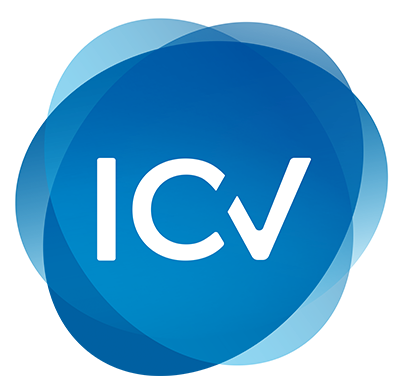Critical counterpart instead of yes-men: the controller
- Can you give us the most important success factor for a successful tandem of controlling and management and briefly outline its design?
- It is worth knowing the differences between the two role profiles and seeing diversity as an opportunity. Because the roles complement each other perfectly. On the one hand, the manager who outlines the strategic orientation market-oriented. On the other hand, the controller who assists in the evaluation of alternatives and the operationalization of strategic goals. The management is partially surrounded by yes-men. As a critical counterpart, the controller distinguishes themselves positively, who at the right moment also clearly postulate their point of view.
- Mutual respect, openness and allowing constructive criticism is a prerequisite for trusting cooperation between the manager and the controller.
- The controlling organization at SICK is designed in such a way that controlling close to management can take on the role of the sparring partner of management, while central controlling is more concerned with the controlling systems and the infrastructure.
- VUCA and Controlling - how do you get that "under one roof"?
Under the heading Industrie 4.0, a multitude of technological and organizational trends are approaching us. As a sensor / data supplier, SICK also has to further develop our existing product portfolios and implement the I4.0 requirements. This leads to increased volatility, uncertainty, complexity and ambiguity (VUCA). This increased complexity and the conflicting goals must also influence controlling. Examples:
i. Volatility and ambiguity: Instead of extending the budget process due to the increased complexity, this has been halved. This was made possible by clear rules and a focus on the key drivers (growth initiatives). These growth initiatives can now be released one by one according to economic development. This gives the management better intervention options (instead of a hitherto flat-rate release of the annual cost budget). Thus you can deal better with the increased volatility. In addition, with the help of the growth initiatives, the budget can be purposefully allocated.
ii Complexity: Different tasks require different approaches. Complex topics must be handled agile. For this purpose, even with budgets, a room for agility must be created. This is illustrated by: basic projects, agility in the development process (SCRUM), or even new organizational units such as start-ups in the company.
iii. Management support: Automation of standard tasks through online reporting, for example, gives controlling the freedom to provide management support in order to balance these topics in terms of resources.
iv. Successful controlling in the VUCA world means that all employees recognize the need for change. Management needs to communicate and explain the background to change. Controlling requires the right "mindset" and a proactive attitude to optimally support these topics.
3. Why is culture so important?
- So that the most suitable ideas now prevail based on constructive criticism.
- So that diversity between different roles and characters are used as an opportunity.
- So that mistakes are tolerated and openly addressed in order to learn from them.
- So that employees are convinced and not overruled.
The SICK culture is characterized by the fact that important decisions are made jointly. This ensures that they are the right decisions. This can also be a disadvantage if decisions need to be made quickly. We are working on improving ourselves in this regard to live with majority voting in the future as well.
About Berthold Ketterer

- born in 1958
- Dipl-Ing. Electrical engineering / MBA
- Started his career, after education and studies, in development at the Max Planck Institute in Heidelberg
- Then in product management and sales at Siemes AG, Munich
- Other positions at a GE subsidiary as Member of the Executive Board as well as Managing Director of a manufacturer of special vehicles
- Several years of employment in the USA
- Today speaker of a Global Business Center of Sick AG
About Johannes Wild

- born in 1981
- Dipl.-Inf./MBA
- International trainee program in controlling at SICK AG
- From 2007 controller in the Industrial Safety division
- From 2018 Head of Controlling in the Industrial Safety division
